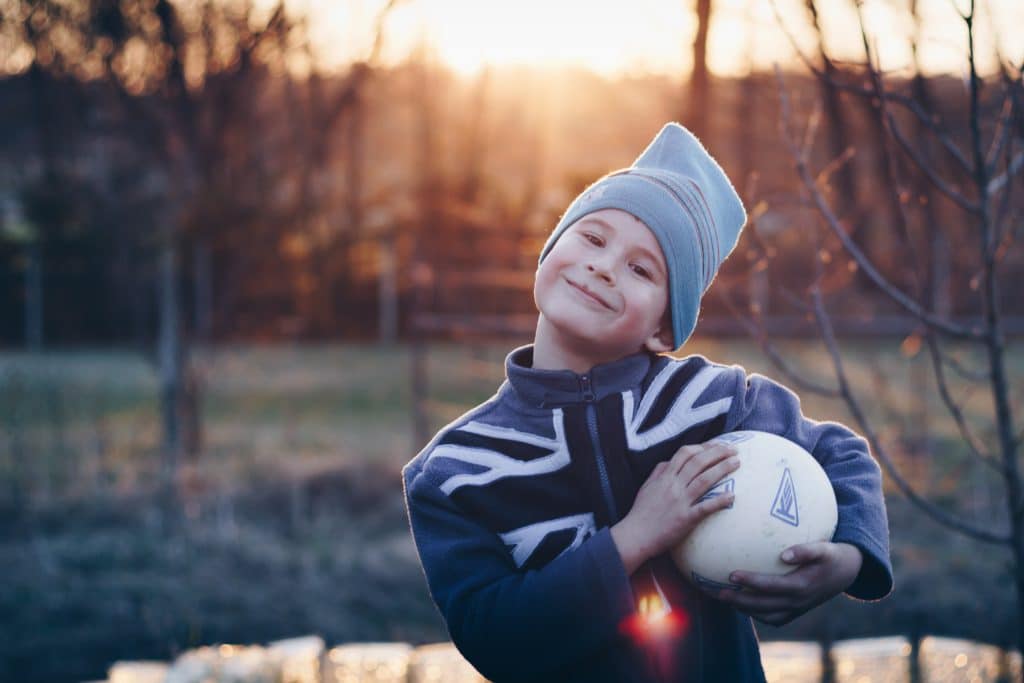Ever found yourself in the middle of a tug of war with your little one over a simple task like brushing their teeth? I know I have, countless times. But what if I told you there’s a way to turn these daily battles into a fun game? Discover reward system for kids – a proven strategy that can motivate your child to accomplish tasks and promote positive behavior while making the process enjoyable. In this blog post, we’ll explore how to set up an effective reward system, including choosing appropriate rewards, determining the behaviors to reward, and tips to make it work for neurodivergent kids.
Table of Contents
Understanding Reward Systems
Firstly, let’s clear up what we mean by a “reward system for kids.” Simply put, it’s a structured method to encourage positive behavior, where kids earn rewards for completing tasks or exhibiting desirable behavior. The rewards act as motivation — and, let’s face it, who doesn’t love a little incentive?
However, it’s not about bribing your child. It’s about teaching them the concept of earning and working towards a goal, an essential life skill. For neurodivergent kids, reward systems can be particularly helpful in managing behavior and developing social skills.

Read More: Best Reward Chart App for Kids
Choosing the Right Rewards
Now, you’re probably wondering, “What should the rewards be?” Above all, the rewards should be something your child values. It could be anything from extra playtime, a favorite snack, or even a special outing. Here are a few pointers to keep in mind:
- Keep it simple: The rewards don’t have to be extravagant. Often, the simplest rewards are the most effective.
- Be creative: Mix it up to keep it interesting. If the rewards are predictable, they might lose their appeal.
- Involve your child: Let them have a say in the rewards. This will increase their motivation to earn them.
Setting Clear Expectations
For a reward system to be effective, it’s crucial to set clear expectations. Your child should know exactly what behavior will earn them rewards. For example, you could reward them for completing their homework on time, helping with chores, or demonstrating good manners.
Moreover, the expectations should be realistic and achievable. Setting the bar too high might discourage your child while setting it too low might not offer enough challenge. Remember, the goal is to encourage progress, not perfection.

Read more: Reward System for Kids With Special Needs
Making It Work for Neurodivergent Kids
Regarding neurodivergent kids, a reward system can be powerful. But it might require some tweaking. For instance, you should break down tasks into smaller steps and reward each step. Or you might need to use more immediate rewards, as some kids might struggle with delayed gratification.
Most importantly, be patient and flexible. What works for one child might not work for another. Finding the right approach might take some trial and error, but the results will be worth it.
The Power of Positive Reinforcement
Research supports the effectiveness of reward systems. According to a study published in the Journal of Applied Behavior Analysis, children who received rewards for good behavior showed a significant improvement in behavior compared to those who did not receive rewards.
Similarly, a study in the Journal of Autism and Developmental Disorders found that reward systems can be especially effective for kids with autism. The study showed that using rewards increased social engagement and reduced problem behavior.
Goally | Apps To Support Child Development
Looking for fun ways to help your child learn life skills? Try Goally! The Goally tablet comes with award-winning learning apps and video classes to help kids develop the skills they need to become independent with FUN & evidence-based practices.

Our apps teach executive function, language, emotional regulation, finger dexterity skills, and more.
As your child develops new skills, you can increase the difficulty level of the tasks in the app to challenge and motivate them even further. This helps your child grow and progress at their own pace, while also keeping them engaged and excited about their development.

Final Thoughts
In essence, setting up a reward system for kids, whether they’re neurotypical or neurodivergent, can be a powerful tool to promote positive behavior and make daily tasks more enjoyable. Remember to keep it simple, consistent, and fun. Involve your child in the process, be patient with their progress, and adapt the system to their unique needs. By doing this, you’re not just managing behavior — you’re teaching valuable life skills and making the parenting journey a little bit easier and a lot more rewarding.
Resources:
- Understood.org: This site offers a wealth of resources for parents of kids with thinking and learning differences, including a comprehensive guide on behavior charts.
- Journal of Applied Behavior Analysis: This scientific journal publishes research on behavior analysis, including studies on the effectiveness of reward systems for children with autism.
- Child Mind Institute: This resource provides a comprehensive guide on using rewards and incentives to motivate children, including those with special needs.
FAQs About Reward System for Kids
What is a reward system for kids? A reward system for kids is a strategy used by parents and educators to encourage and reinforce positive behaviors by offering incentives or rewards.
How does a reward system help children? Reward systems help children by encouraging positive behavior, teaching them about consequences, and providing motivation to make good choices.
What types of rewards can be used in a reward system for kids? Rewards can range from verbal praise and stickers to small toys or privileges, such as extra playtime or choosing a family movie.
Can a reward system be used for children with ADHD? Yes, reward systems can be particularly effective for children with ADHD, as they provide clear and immediate feedback, encouraging focus on positive behaviors.
How can parents ensure a reward system is effective? For a reward system to be effective, parents should clearly define desired behaviors, keep the rewards consistent and attainable, and provide immediate feedback.
This post was originally published on March 24, 2023. It was updated on March 7, 2024.

Goally
We help parents teach their kids life skills, like doing bedtime and morning independently. Backed by science, we incorporate evidence-based practices and expert-informed designs in all of our apps and content.






